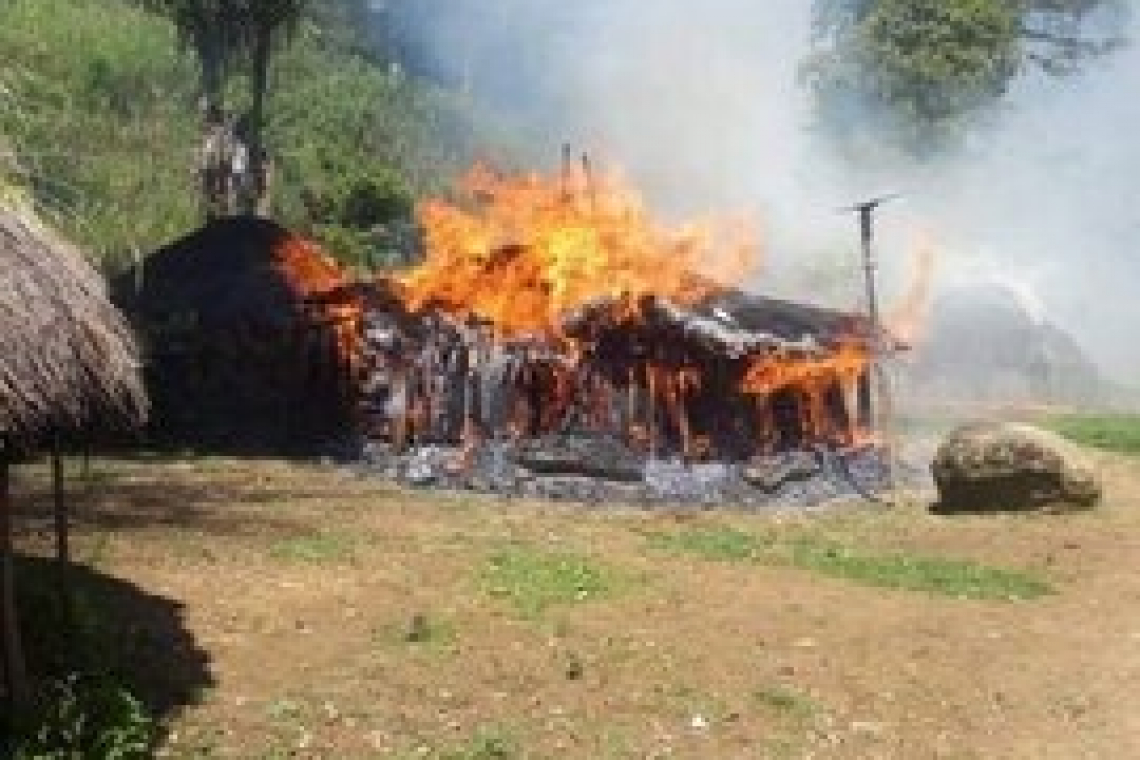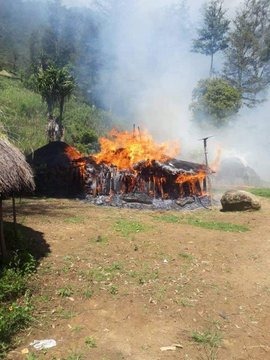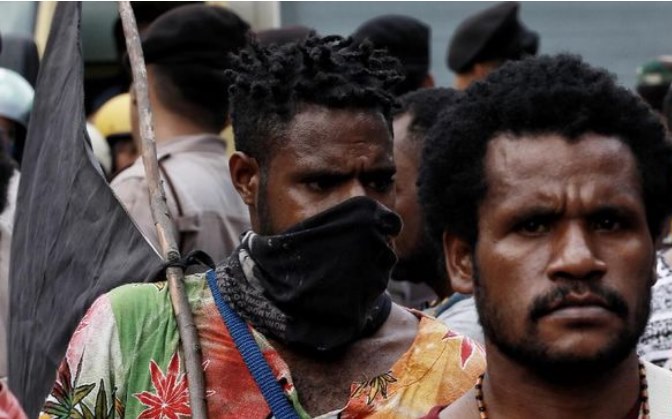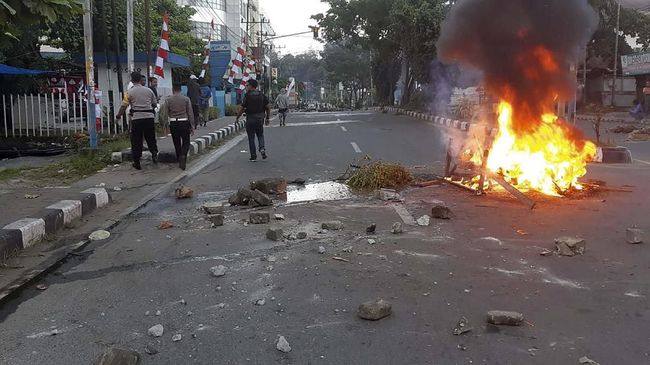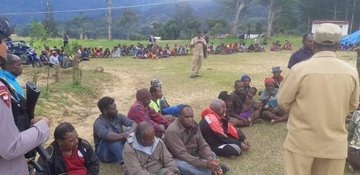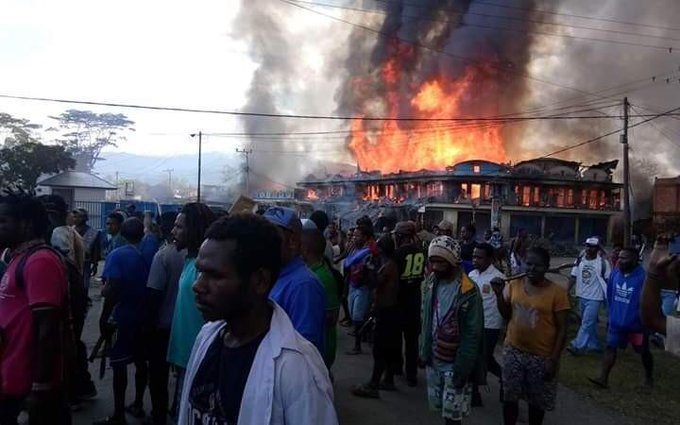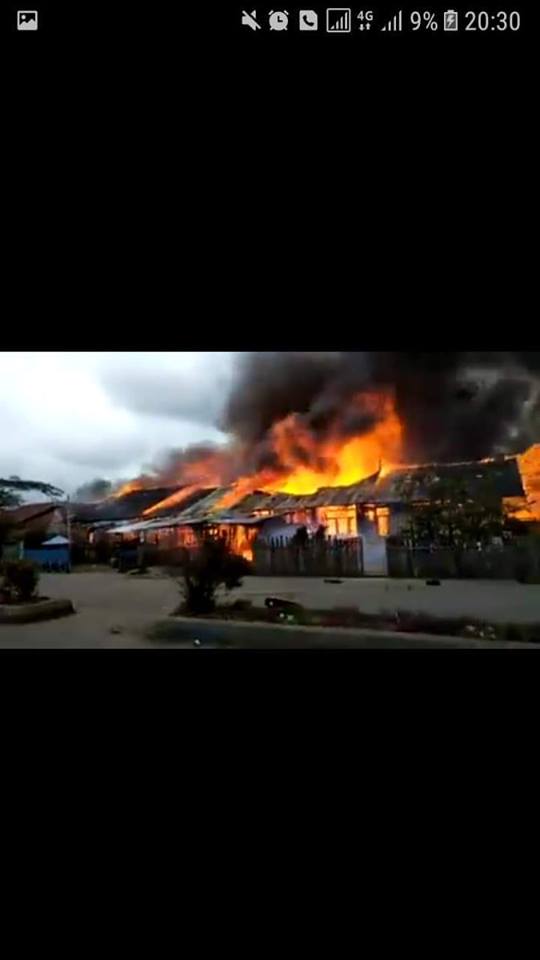Unnoticed to the outside observer, riots in West_Papua continue, with all signs of a national liberation uprising.
Following the intense unrest in late August and early September, the Indonesian government and police have taken steps to localize and suppress protests, as well as to restrict, filter and contextualize information. In late September-early October, protests erupted with renewed vigor and more radicalization. In response, police and military special forces have carried out punitive raids in Melanesian villages: reported the burning of Papuans' homes, killing and mass arrests, which forced more than 35,000 indigenous people to flee their homes and escape to the jungle. There, many join the rebels of the Liberation Movement for West Papua, thus helping to escalate protests into a full-fledged armed conflict. More than 30 have been reported dead in the last two weeks only; thus, the riots claimed the lives of at least 80 people in two and a half months. Indonesians who have migrated to West Papua over the past 20 years as part of the government's migration programs have been massively evacuated back to Indonesian territories. Currently, according to local media reports, the number of evacuees (not refugees, but internally displaced persons) is already reported by thousands of families: 3,100 officially, and about 2,5 thousand informally, and even more than 7,5 thousands of Indonesian families are planning to leave Papua in the near future, regardless of whether the security situation will change for the better. Amid another wave of violence, Indonesia's President Joko Vidodo said he was "ready to meet with protest leaders" and even "negotiate with the leaders of the West Papua Independence Movement" to "settle the conflict."


